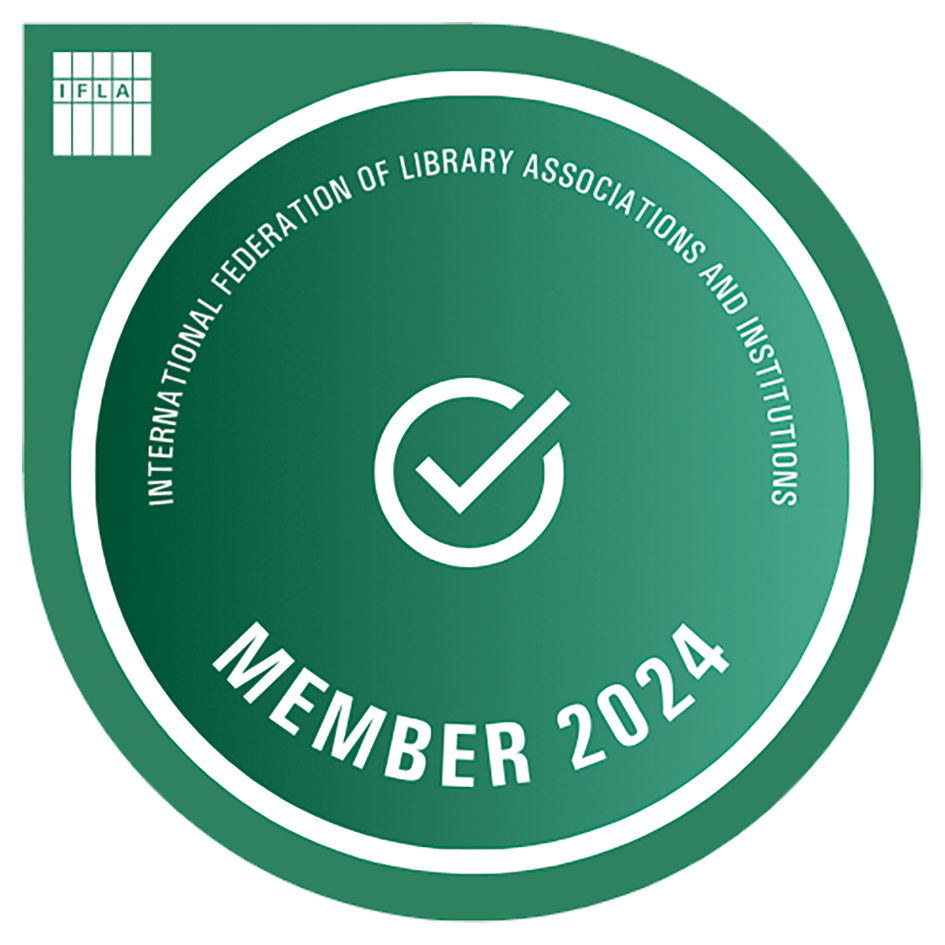歷次消息
-
活動時間:
- 2025-07-11 14:00 ~ 15:30
- 2025-07-10 14:00 ~ 15:30
- 2025-07-15 14:00 ~ 15:30
- 2025-07-22 14:00 ~ 15:30
- 2025-07-22 15:30 ~ 17:00
2025寰宇漢學講座
第四場
講者:安俟堂(Lorenzo Andolfatto,中央研究院近代史研究所訪問學人)
講題:十九世紀中國近代天文學研究的資料來源概述(Sources for the Study of Modern Astronomy in 19th-century China: An Overview)
主持人:汪榮祖(美國維吉尼亞州立大學歷史系榮退教授)
時間:2025年7月10日(週四)14:00-15:30
地點:國家圖書館藝文中心3樓301室(臺北市中山南路20號)
備註:本場演講以英文進行 ,QA環節中英文討論。
※以上會議時間如有變動,本中心將依報名資料另行通知
第五場
講者:全勇勳(Jun Yong Hoon,韓國學中央研究院人文學部教授)
講題:西方宇宙論的傳入及東亞知識分子的反應(The Introduction of Western Cosmology and the Invention of Earth’s rotation in East Asia)
主持人:祝平一(中央研究院歷史語言研究所研究員)
時間:2025年7月11日(週五)14:00-15:30
地點:國家圖書館藝文中心3樓301室(臺北市中山南路20號)
備註:本場演講以韓文進行,現場會有中文翻譯。
※以上會議時間如有變動,本中心將依報名資料另行通知
第六場
講者:安腹詩(Francis Allard,美國賓州印第安納大學人類學教授)
講題:南海早期的海上交流:華南地區和臺灣的視角(Early Maritime Interaction in the South China Sea: A View from South China and Taiwan)
主持人:梅豪方(Frank Muyard,法國遠東學院副教授兼臺北中心主任)
時間:2025年7月15日(週二)14:00-15:30
地點:國家圖書館藝文中心3樓301室(臺北市中山南路20號)
備註:本場演講以英文進行,QA環節可使用中文回覆
※以上會議時間如有變動,本中心將依報名資料另行通知
第七場
講者:朴敏洙(Park Minsu,韓國梨花女子大學社會科教育學科副教授)
講題:跨越認同轉變的海峽兩岸:臺灣高級中學<歷史>課本中鄭氏政權敘述的演變(Crossing the Strait of Shifting Identities: Analyzing the Evolving Portrayals of the Zheng Regime in Taiwanese History Textbooks)
主持人:盧正恒(國立陽明交通大學人文社會學系副教授)
時間:2025年7月22日(週二)14:00-15:30
地點:國家圖書館藝文中心3樓301室(臺北市中山南路20號)
備註:本場演講以中文進行
※以上會議時間如有變動,本中心將依報名資料另行通知
第八場
講者:土屋洋(Tsuchiya Hiroshi,日本名古屋大學人文學研究科副教授)
講題:「歷史認識」的歷史:近代中國的教科書與日本(History of "Historical Awareness": Textbooks in Modern China and Japan)
主持人:宋峻杰(國家教育研究院教育制度及政策研究中心副研究員)
時間:2025年7月22日(週二)15:30-17:00
地點:國家圖書館藝文中心3樓301室(臺北市中山南路20號)
備註:本場演講以中文進行
※以上會議時間如有變動,本中心將依報名資料另行通知
網址: http://actio.ncl.edu.tw/activitydetails?uid=2&pid=810
主辦單位: 漢學研究中心
- 資源查詢
- 公告資訊
- 關於本館
- 讀者服務
- 申辦服務
- 其他網頁連結



